This Is a Borzoi Book Published by Alfred A. Knopf
Copyright 2009 by Judith Jones
All rights reserved. Published in the United States by Alfred A. Knopf, a division of Random House, Inc., New York, and in Canada by Random House of Canada Limited, Toronto.
www.aaknopf.com
Knopf, Borzoi Books, and the colophon are registered trademarks of Random House, Inc.
Portions of this work originally appeared in O, The Oprah Magazine.
Library of Congress Cataloging-in-Publication Data
Jones, Judith, [date]
The pleasures of cooking for one / Judith Jones.1st ed.
p. cm.
eISBN: 978-0-307-95787-0
Includes bibliographical references and index.
1. Cookery for one. I. Title.
TX652.J6723 2009 641.561dc22 2009012307
Illustrations credits All photographs by Christopher Hirsheimer, with the exception of the following pages: Chris Vandercook: .
Jacket photograph by Christopher Hirsheimer
Jacket design by Carol Devine Carson
v3.1
To my great grandchildren,
Jonah and Odessa and Cooper and Shepard.
May they be blessed with the Muse and enjoy the pleasures
of cooking.
Also by Judith Jones
The Tenth Muse: My Life in Food
WITH EVAN JONES
The Book of New New England Cookery
The Book of Bread
Knead It, Punch It, Bake It!
WITH ANGUS CAMERON
The L. L. Bean Game and Fish Cookbook
Contents
Poultry, meat, and fish dishes with second and third rounds and variations
Making seasonal soups out of whats at hand
Using eggs to make a meal and cheese to enhance it
Vegetables stuffed, baked, and roasted; salads with substance; and sauces to enliven
As accompaniments and carriers for leftovers
Breads, cookies, comforting desserts, and preserves to make on a lazy Sunday, plus a few lovely treats to enjoy alone
Introduction
 After my husband, Evan, died in 1996, I was not sure that I would ever enjoy preparing a meal for myself and eating it alone. But as I described in The Tenth Muse: My Life in Food, I was wrong, and I soon realized that the pleasure that we shared together was something to honor. I found myself at the end of the day looking forward to cooking, making recipes that work for one, and then sitting down and savoring a good meal.
After my husband, Evan, died in 1996, I was not sure that I would ever enjoy preparing a meal for myself and eating it alone. But as I described in The Tenth Muse: My Life in Food, I was wrong, and I soon realized that the pleasure that we shared together was something to honor. I found myself at the end of the day looking forward to cooking, making recipes that work for one, and then sitting down and savoring a good meal.
A number of readers responded to the section in my book on cooking alone, with its sample recipes. One woman told me that she hadnt cooked in several years, since her husband died, but that my experience encouraged her to get going again, and she wanted more ideas. I was particularly pleased that young people on their own for the first time would approach me asking how to get started, what basics and what equipment they needed. They wanted to make for themselves relatively inexpensive, healthy, and, of course, delicious meals, but most cookbooks were too daunting and did not address the single fledgling cook on a tight food budget. Ive also talked to so many live-alones who have been too busy with their careers, but who like good food and have gradually come to feel that theyve been missing something.
Fifty-one percent of the population in the New York metropolitan area lives alone. Yet no one seems to cater to their needs. Supermarkets do everything they can to make us buy more than we need, and the food industry has for more than a century been selling the idea that it is demeaning for women to cook and a waste of time when they can buy ready-made products instead. So I felt compelled to write this book to Julia Child used to call the flimsiesthat is, people who arent genuinely interested in cooking and want fast and easy recipes and shortcuts at the expense of taste. This book is for those of you who want to roll up your sleeves and enjoy, from day to day, one of the great satisfactions of life.
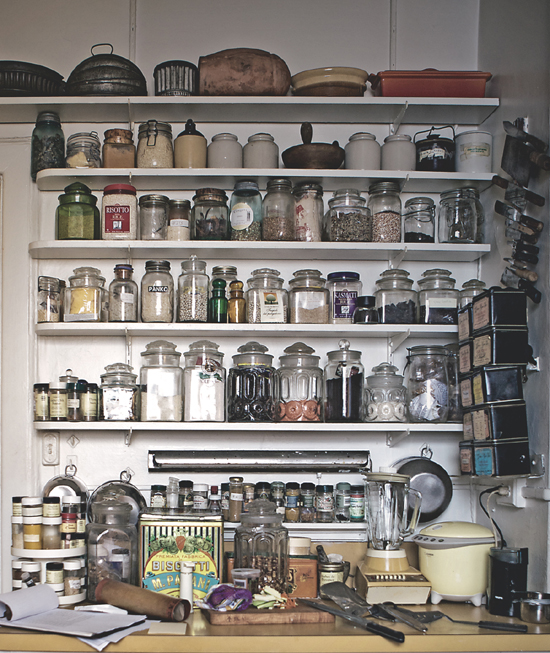
I do, however, hear the naysayers protesting. Yes, I like to cook, they say, but I like to cook for others, to give my friends pleasure. Why would I want to go to all that trouble just for me? My answer is: If you like good food, why not honor yourself enough to make a pleasing meal and relish every mouthful? Of course, we want to share with others, too, but we dont always have family and friends around. And I cant see taking in my neighbors every night.
Others object to the expense involved, and the waste. You have to go out shopping, they complain, and buy all those pricey ingredients that chefs call for, and you cant use them up before they turn rotten. Leftovers are boring; who wants to eat cold lamb all week? Actually, its all a matter of strategy. Moreover, you are in charge of what youre cooking, picking your own ingredients, deciding how much fat or salt or sugar you want to consume and whether you want to spend extra to have grass-fed, local beef or an organic farmyard chicken.
Cooking for yourself is particularly creative because you are inspired by whats in your fridge or freezer or garden or nearby market. You dont have to follow a recipe slavishly; you can substitute as you likeplanning how to make three quite different dishes from, say, a tenderloin of porkputting leftovers to good use, taking advantage of leftovers, having in the freezer certain basic items, and so on. If you follow the tactics I recommend, what you save on food costs will astonish you.
Another advantage to cooking for yourself is that you have only yourself to please. So you can indulge in a sudden whim. You can choose to make just what you feel likeperhaps only a light, simple supper dish or a salad if youve consumed a rich meal at lunch that day. Theres no need to be a perfectionist, trying to win applause from your guests. If a sauce curdles, youll eat it anyway. And youll learn from your mistakes.
I suspect that a lot of Americans eat too much just because its there on the plate. Theyve got to clean it up. But if you deliberately set aside several chunks of meat from the stew youve made to use in a bean dish for a second round, you feel good about not gobbling it all up, already anticipating its reincarnation.
Then there are what I call cooks treats. For instance, that package of chicken: the liver can be used to make yourself a delicious shirred egg for breakfast or lunch; the giblets and neck will go into a soup pot. Theres often the bonus of that little bit of glaze left in the meat skillet, just enough to moisten and deepen the flavor of the hash you plan to make later in the week. To say nothing of the fact that you can afford to lavish on yourself the occasional rather expensive lobster, or soft-shell crabs, or a rich piece of goose or duck confit (the scraps of which can go into a mini-cassoulet).
Finally, there is something about going home at the end of the day or giving over a quiet Sunday afternoon to cookingsmashing the garlic, chopping an onion, getting all those good cooking smells going, stirring, and tasting mindfully, and then adjusting the seasoningsthat makes us feel creative. It is a comforting form of relaxationsomething that is needed in our busy lives. I always love the moment of drama, too, when everything comes together and I quickly dish up my handiwork, arranging it pleasingly on a warm plate, and then take it to the table, where Ive set a place for one with a cloth napkin in a family napkin ring. I open up the wine and light the candles, turn on some music, and give thanks.



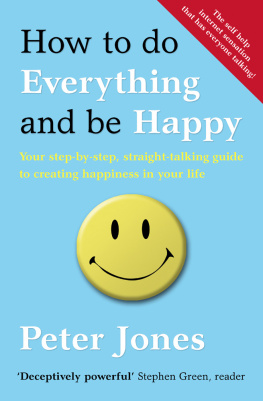
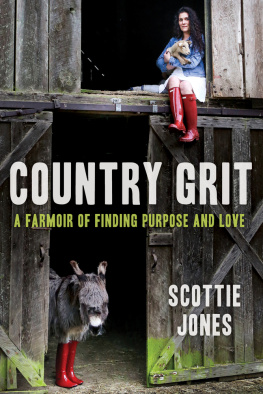



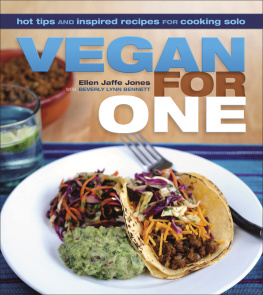
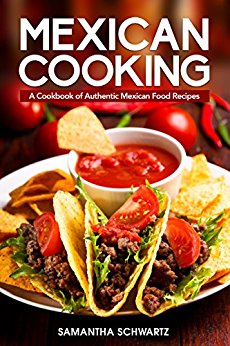
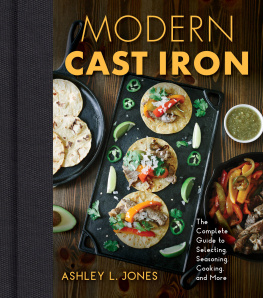
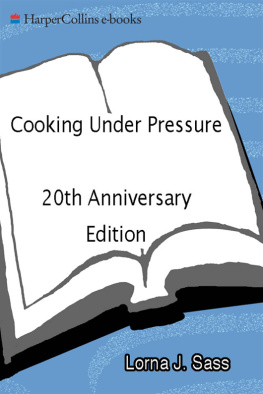
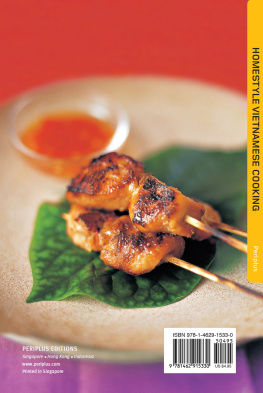
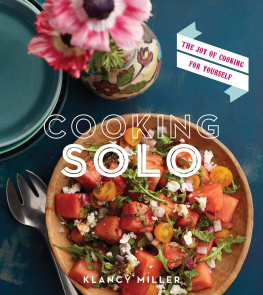

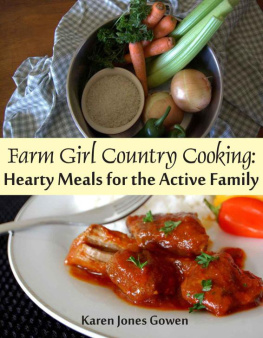
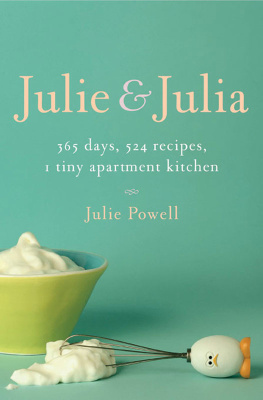
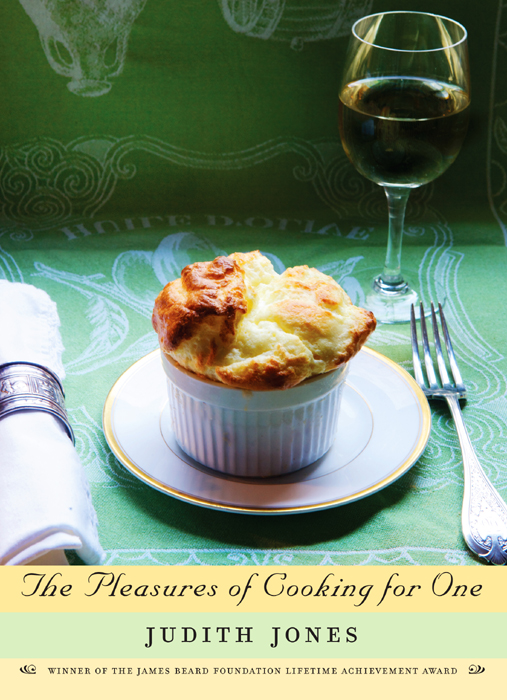
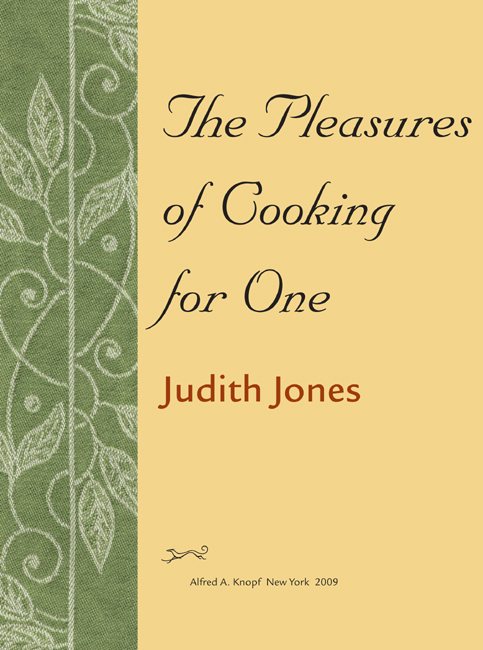
 After my husband, Evan, died in 1996, I was not sure that I would ever enjoy preparing a meal for myself and eating it alone. But as I described in The Tenth Muse: My Life in Food, I was wrong, and I soon realized that the pleasure that we shared together was something to honor. I found myself at the end of the day looking forward to cooking, making recipes that work for one, and then sitting down and savoring a good meal.
After my husband, Evan, died in 1996, I was not sure that I would ever enjoy preparing a meal for myself and eating it alone. But as I described in The Tenth Muse: My Life in Food, I was wrong, and I soon realized that the pleasure that we shared together was something to honor. I found myself at the end of the day looking forward to cooking, making recipes that work for one, and then sitting down and savoring a good meal.